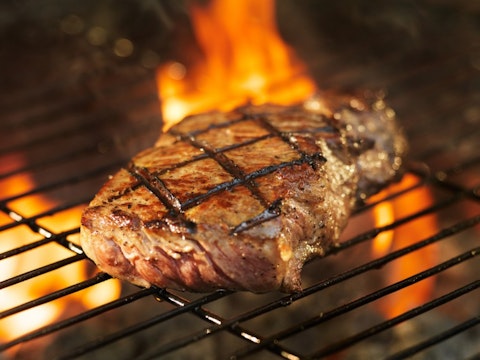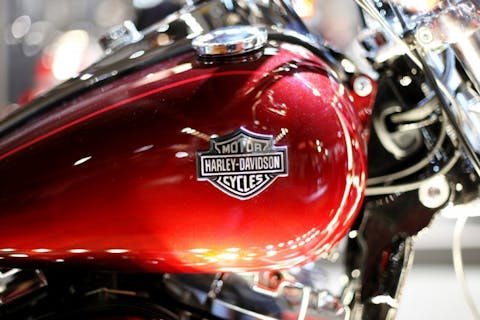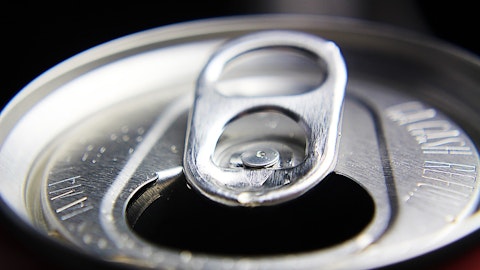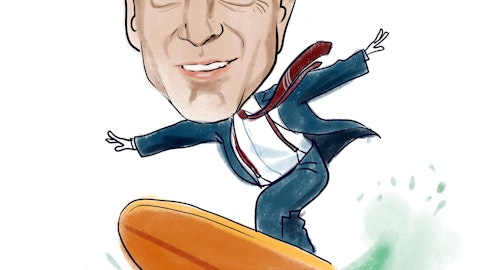If you are looking for something interesting to read then this list of bizarre brand extensions that befuddled consumers is the thing you were looking for.
There always comes a time when a company has an opportunity to expand its best and most lucrative brands into new products to ensure continued growth. And while there are no hard and fast rules for launching a brand extension, convention states that such an extension is more likely to succeed if it is related to the product the brand is most famous for.
That being said, a lot of companies try to buck those trends by launching weird brand extensions that make us do a double-take, perhaps with rolled eyes afterwards; Cheetos lip balm, anyone? How about women’s perfume from Zippo, complete with a bottle that looks like a lighter? These strategies can be successful, but a lot of these have been disastrous for the companies involved. Later on, we’ll see how weird brand extensions undertaken by companies such as American Outdoor Brands Corp (NASDAQ:AOBC) (formerly known as Smith & Wesson Holding Corp.), Dr Pepper Snapple Group Inc. (NYSE:DPS), Harley-Davidson Inc (NYSE:HOG), Colgate-Palmolive Company (NYSE:CL), and Molson Coors Brewing Co (NYSE:TAP) ended up faring.

Copyright: racorn / 123RF Stock Photo
Now, a brand extension, even a bizarre one, can be a powerful tool that boosts the revenue and prospects of a company. And some extensions make so much sense that you wonder why companies didn’t think of them sooner. For instance, Taco Bell’s tacos with shells made from Doritos chips. Such a product, which your drunken buddy from college may have conceptualized before, granted a new revenue opportunity for both brands. And then there are other bizarre brand extensions that somehow became ultra successful and enduring. You’re probably unsure if you know the Guinness brand more through their delicious dark beer (it’s called stout, your neighborhood beer snob would tell you) or the world records book that began in 1955 and is now the world’s best-selling copyright book (talk about a world record within a world record).
But not all bizarre brand extensions end up like Guinness’. In fact, most end up as fiascoes. When we compare the two successes above to the examples below, we’ll notice that there’s a key factor that distinguishes successes from failures: added value. Dominique Turpin, president of the IMD business school, noted that a lot of companies and marketers have put too much value into brand equity in terms of brand extensions, to the point that they neglected to provide meaningful value alongside the new products they were pushing. At the end of the day, a brand is only as strong as how the customer perceives it, and stretching it to uncharted territory, no matter how strong it is, will likely subject it to dents and bruises, especially if such a stretch is ill conceived, like these bizarre brand extensions that befuddled consumers on the following pages:
5. Smith & Wesson Bikes and Apparel
Smith & Wesson, long known as a purveyor of guns to policemen (and other less lawful people), decided to also sell mountain bikes to cops in 1997. Soon after, the gun maker made the bikes available to the general public. As for how the sales of the bikes went, it’s telling that the company doesn’t list bikes as one of its products on its website anymore. (You can still buy them online through current owners, though.) In case you’re interested, they still sell branded sweatshirts, belts, and caps, perhaps for the hardcore fanatic. Nevertheless, you can’t fault the company for trying to diversify now, as it just changed its name from Smith & Wesson Holding Co. to American Outdoor Brands Corp (NASDAQ:AOBC), amid its continued shift to include more of the outdoor gear market.
4. Dr. Pepper Marinade and Barbecue Sauce
A lot of barbecue enthusiasts swear by using Dr. Pepper soda combined with some spices as a great marinade for their briskets, ribs, and other meats, or as a thick and sweet barbecue sauce. So naturally, Dr Pepper Snapple Group Inc. (NYSE:DPS) felt compelled to expand to that demographic by selling its own “More Than Mesquite” marinade and “Sweet & Kickin’” barbecue sauce. But while the products were positively reviewed, they didn’t gain much traction, and the company soon buried them.
3. Harley-Davidson Perfumes, Colognes, Wine Coolers, and Cake Decorating Kits
Harley-Davidson Inc (NYSE:HOG) is another company unafraid to slap its brand on as many diverse products as possible, which is why it has earned the third place on this list of 5 bizarre brand extensions that befuddled consumers. The long-time tough guy brand made sense when it was on leather jackets and other biker accessories. However, the company launched a line of perfumes and colognes in 2000, with names such as Black Fire, Cool Spirit, Destiny, Hot Road, Legendary, and Territory. Unperturbed by the eye rolls it was getting, the company also offered wine coolers and, get this, cake decorating kits. While these products predictably didn’t ride high on the revenue charts, some of them are still available for sale online in one form or another, which is something you can’t say about the items on the next two pages.
2. Colgate Dinner Entrees
Frozen food products and TV dinners were on the rise in the 1980’s, so Colgate-Palmolive Company (NYSE:CL) naturally had to offer them too. The company offered Colgate Kitchen Entrees, a line of ready-to-eat meals, in 1982, in hopes that diners would then think of using Colgate toothpaste after eating. Instead, people must have thought that the Colgate meals would taste like toothpaste. As a result, the new product failed to take off, and was even cited as a factor for declining toothpaste sales at the time. Whoops.
1. Coors Spring Water
Speaking of tapping into on-the-rise markets, the bottled water business was booming in the 1990’s, at a time when people thought bottled water was a step up from tap water. For a long time, Molson Coors Brewing Co (NYSE:TAP) claimed that its Coors beer was made from Rocky Mountain spring water. So in 1990, the company decided to sell that “Rocky Mountain Sparkling Water” to cash in on the bottled water boom. But the company insisted on maintaining the Coors brand, driving people to assume that the sparkling water contained alcohol. The company stopped selling the product two years after launch; talking about bizarre brand extensions that befuddled consumers.
Disclosure: None










